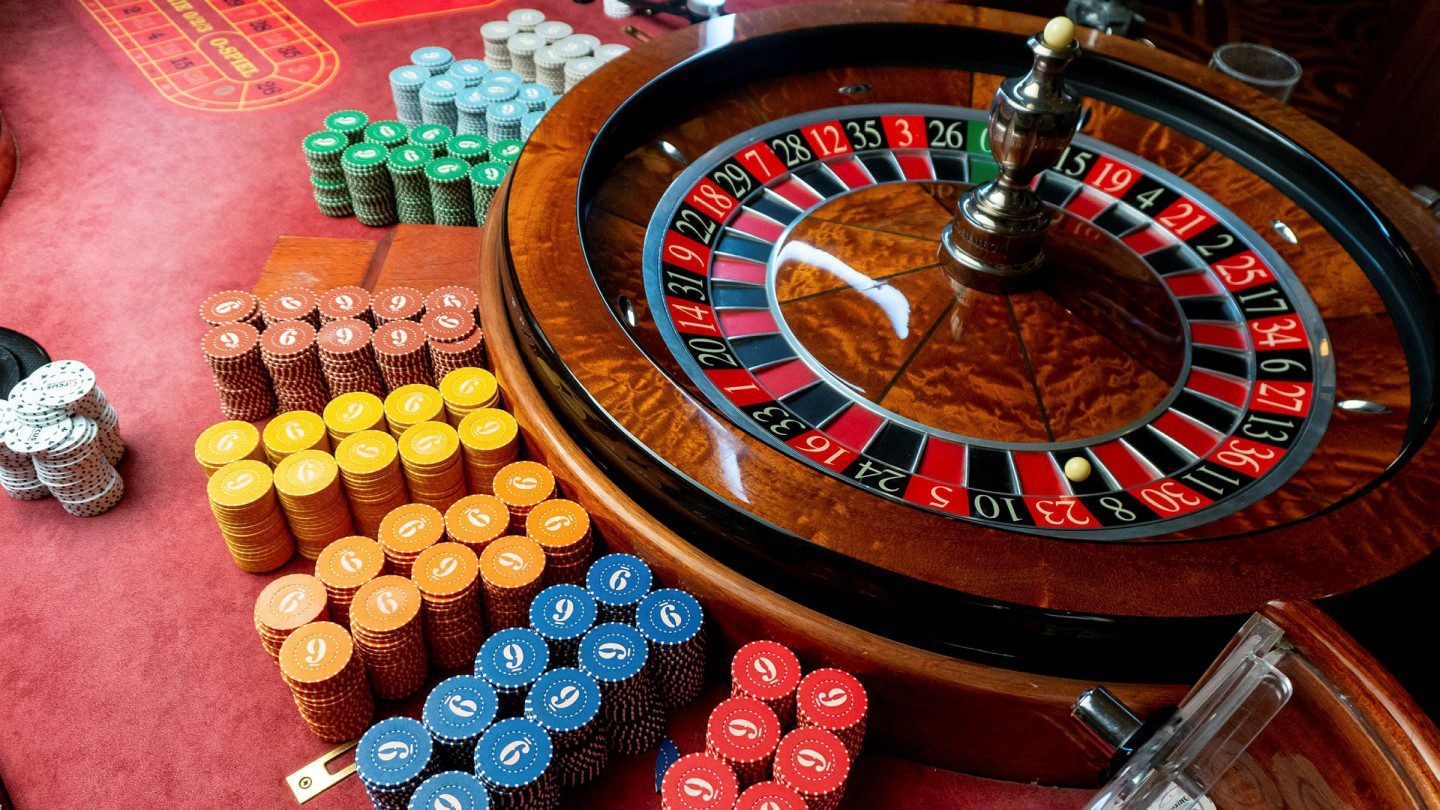
Casino entertainment have long been an integral part of human culture, offering not just entertainment but a captivating reflection of our dreams, ambitions, and concerns. From the spinning reels of a slot machine to the skill-based strategies of poker, these games embody a variety of human feelings and experiences. At their core, casino games are not just a chance to win money; they are a microcosm of life itself, where risk versus reward intertwine and fate can change in an instant.
As players assemble around tables or sit in front of glowing machines, they take part in a ritual that transcends mere gambling. These games echo our instinctive desires for connection, thrill, and the pursuit of luck. They also unveil deeper truths about human psychology, such as our relationship with fate and the excitement of uncertainty. In exploring casino games, we discover not only the nuances of play but also the intricate pattern of the human experience, showcasing our interconnected narratives of aspiration and reality.
The Psychology of Gambling
Gambling is deeply rooted in the psyche of individuals, appealing to various emotions and desires. The excitement of risk-taking is a core aspect that attracts participants, whether it’s excitement of spinning a roulette or the excitement of drawing a winning hand in poker. This rush of adrenaline is frequently likened to other forms of excitement, as the unpredictability of outcomes elicits a unique psychological response. Players often become captivated by the possibility of striking it rich, leading to an irresistible draw toward casino games.
Another, an essential component of the psychology behind gambling is the concept of optimism and ambition. Participants often indulge in dreams of financial freedom and the luxurious lifestyle that can follow winning. This hope fuels their ongoing participation in casino games, as it provides a sense of purpose and the belief that a transformative win could be just one wager away. The narrative of overcoming odds and finding success resonates with many, reinforcing their dedication to play and engage with these games.
Lastly, social dynamics play a significant role in gambling psychology. Casino environments are designed to foster social interaction, where gamblers gather to share the journey of wins and losses. This shared aspect not only enhances enjoyment but also influences behavior, as individuals often mimic the actions of others in their vicinity. The collective approval found in mutual thrill can magnify the emotional experience, making casino games a mirror of not just personal desires but also collective engagement within the gambling community.
## The Dual Nature of Risk and Reward
Gambling activities embody the subtle balance between risk and reward that resonates profoundly with the human experience. The rush of placing a wager is often accompanied by a surge of excitement, as participants are confronted with the prospect of a huge payout, yet fully aware of the potential to suffer losses. This dual experience reflects a fundamental aspect of life: the decisions we face often come with built-in risks, and the quest for benefit can drive us to embrace risks we might not typically consider. In this way, gambling activities reflect real-world choices, enticing players to risk not just their money, but also their dreams.
The allure of jackpot prizes and payouts fuels a wave of hope, encouraging gamblers to imagine a better future that could manifest from a single victorious spin of the roulette or dealing of a hand. This hope can motivate individuals to engage in riskier behaviors, pushing them to extend their limits in search of economic benefit. However, just as in life, the consequences of these decisions can lead to both triumph and loss. The stories of both big winners and those who have faced losses everything at the tables demonstrate the chaotic nature of chance and its impactful repercussions on our existence.
Ultimately, the interaction of engaging with casino games serves as a strong reminder of the nature of humanity. Every round played is imbued with the tension of risk, as players weigh the rewards against the dangers. This balance not only highlights the thrill that comes with betting but also exposes the vulnerabilities that come with the longing for more. As we explore the complexities of choice and consequence in both the gambling world and in life, we find that the quest for gain shapes our sense of self and experiences in profound ways.
Society and Loneliness in Casino Culture
Casino environment is a special combination of communal interaction and individual endeavor, reflecting the dualities of individual experience. Players often gather around tables, experiencing in the thrill of the game, rejoicing in wins, and commiserating over losses. This social aspect is vital, as it establishes a sense of community and bonding among varied groups of people. Regular visitors to casinos may build friendships and establish routines, turning the casino into a alternative home where they experience linked to a larger community of gamblers.
However, the attraction of gambling activities can also result to loneliness. As players become engrossed in the excitement of playing, they may withdraw from personal relationships or neglect to engage with the world outside the casino. For some, the pursuit of a windfall can overshadow genuine connections, leading to isolation. The situation of being among people yet feeling solitary is not uncommon, as the attention shifts from collective fun to the private stakes of each individual’s path.
This interplay of community and solitude creates a vivid mosaic that defines gaming atmosphere. UK casinos not on GamStop It highlights the complexity of social interactions, where happiness and despair exist together. Casinos serve as both a refuge for social engagement and a stage for individual struggles, illustrating how deeply connected our yearning for connection and the personal quest for fortune can be. In navigating this environment, players confront their own narratives—seeking both the rush of the wager and the fellowship of other players, ultimately reflecting the wider spectrum of individual experience.